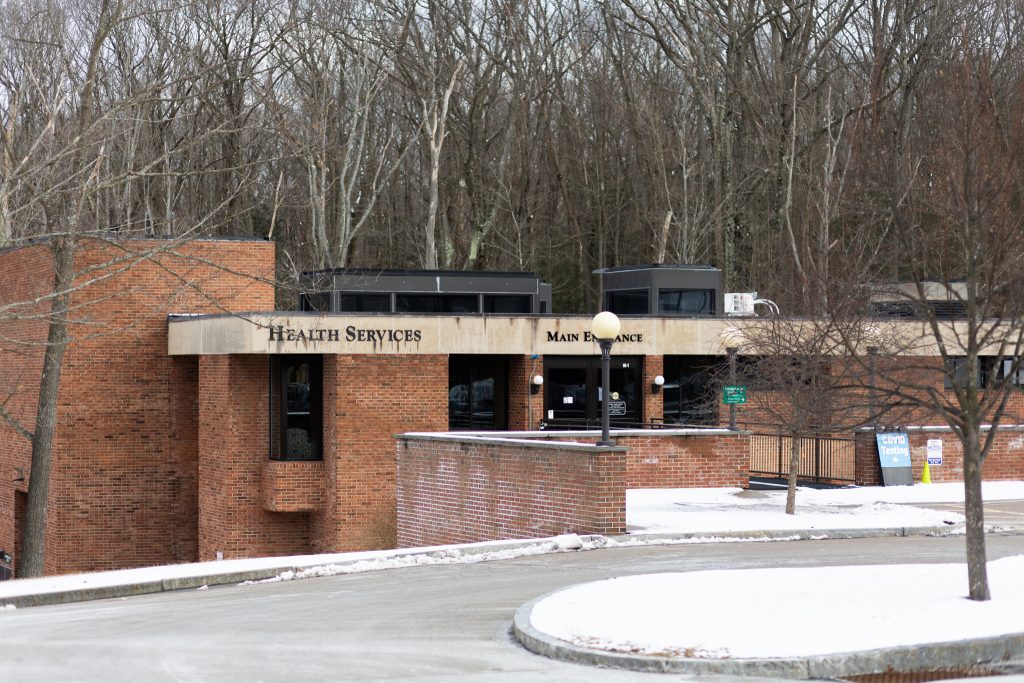A group of Binghamton University students have been leading an effort to get a Students for Sensible Drug Policy (SSDP) chapter chartered on campus.
The process has been spearheaded by Ben Glick — a sophomore majoring in psychology who works as an overdose intervention specialist overseeing Narcan distribution for Broome County — alongside Truth Pharm, a local nonprofit harm reduction organization. Glick now plans on bringing his knowledge and training to the campus community.
To the SSDP, “sensible” policy refers to harm reduction, a neutral approach to drug use that emphasizes health and safety even during active addiction. The goal is to create a judgment-free environment and prevent overdoses, as well as the spread of disease.
According to Glick, the chapter’s efforts will initially be focused on harm reduction and related stigmas, connecting students with resources and educating them on the effects of drug use, which will allow them to make more informed decisions. SSDP is an international organization with 200 chapters in 32 countries.
“Students for Sensible Drug Policy is dedicated to rallying and empowering students to advocate for reasonable drug policies to ensure a safer future,” Jacob Malik wrote, an undeclared freshman tasked with establishing the chapter’s online presence.
Both Glick and Malik have seen through personal experience that drug use is a complex issue that cannot be solved through an abstinence-only approach. These experiences have strengthened their trust in the effectiveness of harm-reduction methods. During his time working in the emergency medical service field, Malik has witnessed the consequences of unsafe drug use in communities that lack adequate education, resources and support.
According to Glick, while the science behind addiction is an essential part of harm reduction education, there is a notable difference between seeing a diagram of a brain and interacting with individuals in active addiction. A classroom education may provide somebody with an important foundation, though seeing the effects of drug use firsthand will enhance that understanding even further.
He added that it is often easier for society to scapegoat drugs, instead of addressing the underlying social issues that may be contributing to those struggling with substance abuse in the United States. Harm reduction strives to humanize those who use drugs, making these factors more difficult to ignore and hopefully contributing to tangible change.
“They see them as the drug they’re using and not as the person that they are, the person they were [and] the person they could still be.” Glick said.
The decision to connect SSDP with Truth Pharm originated with the local nonprofit and is one that serves multiple purposes for the chapter. Glick said that a small nonprofit, like Truth Pharm, has a limited ability to contribute financing, but through the international SSDP organization, the chapter may be able to secure more funding for larger-scale projects and events on campus. SSDP also has resources specifically geared toward students.
SSDP is interested in connecting personally with fellow students to make it less intimidating for them to reach out for help. The organization believes that nobody should be embarrassed or ashamed when asking for support.
“I’m at the same place in life that these [students] are, [and] if you try and approach the issue from a higher level, it’s not going to work at the end of the day,” Glick said.



